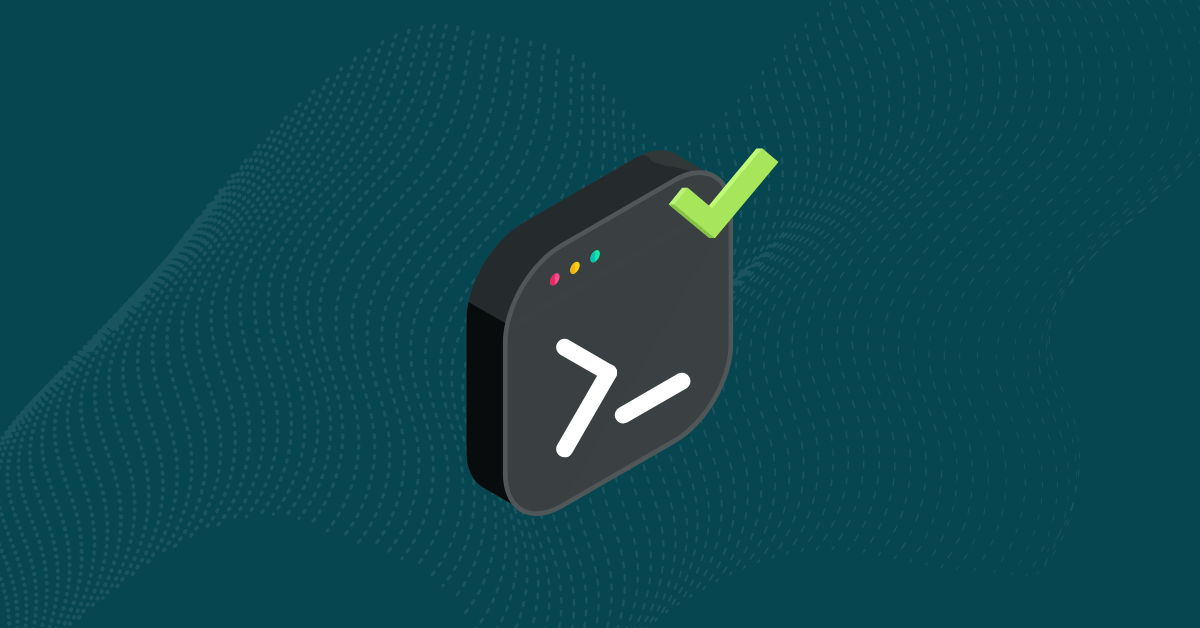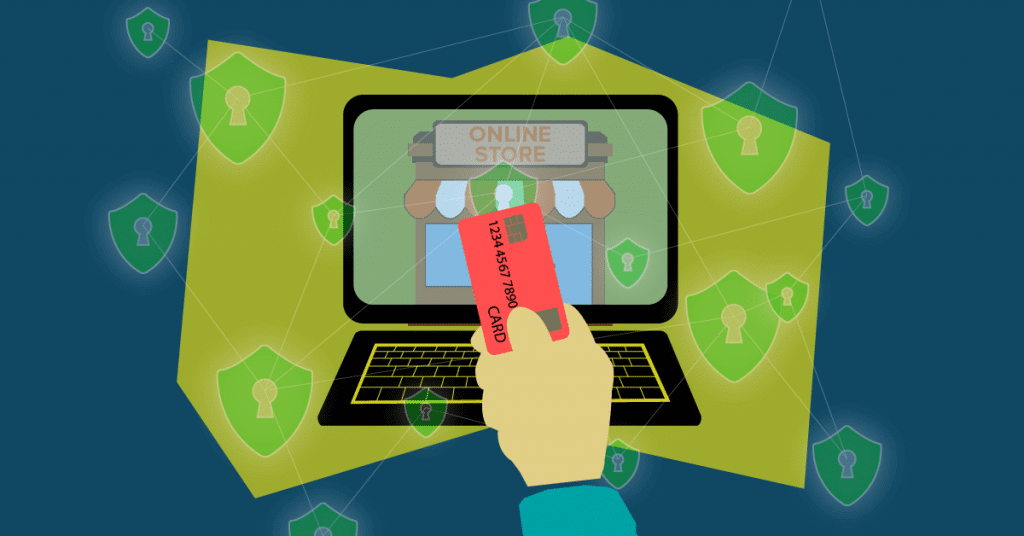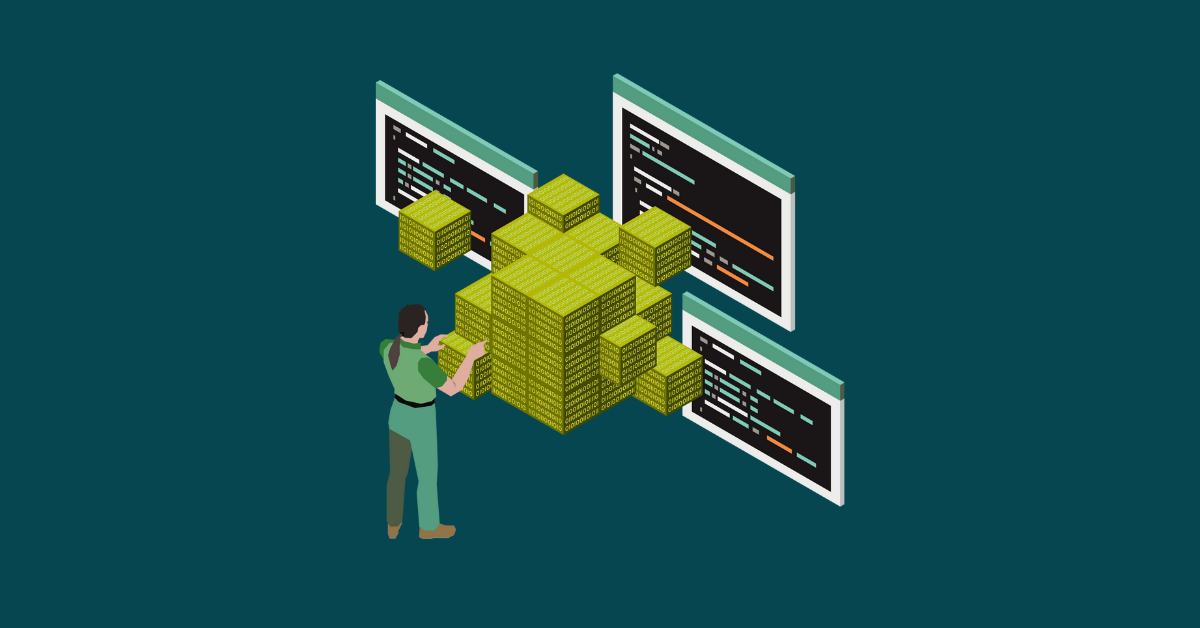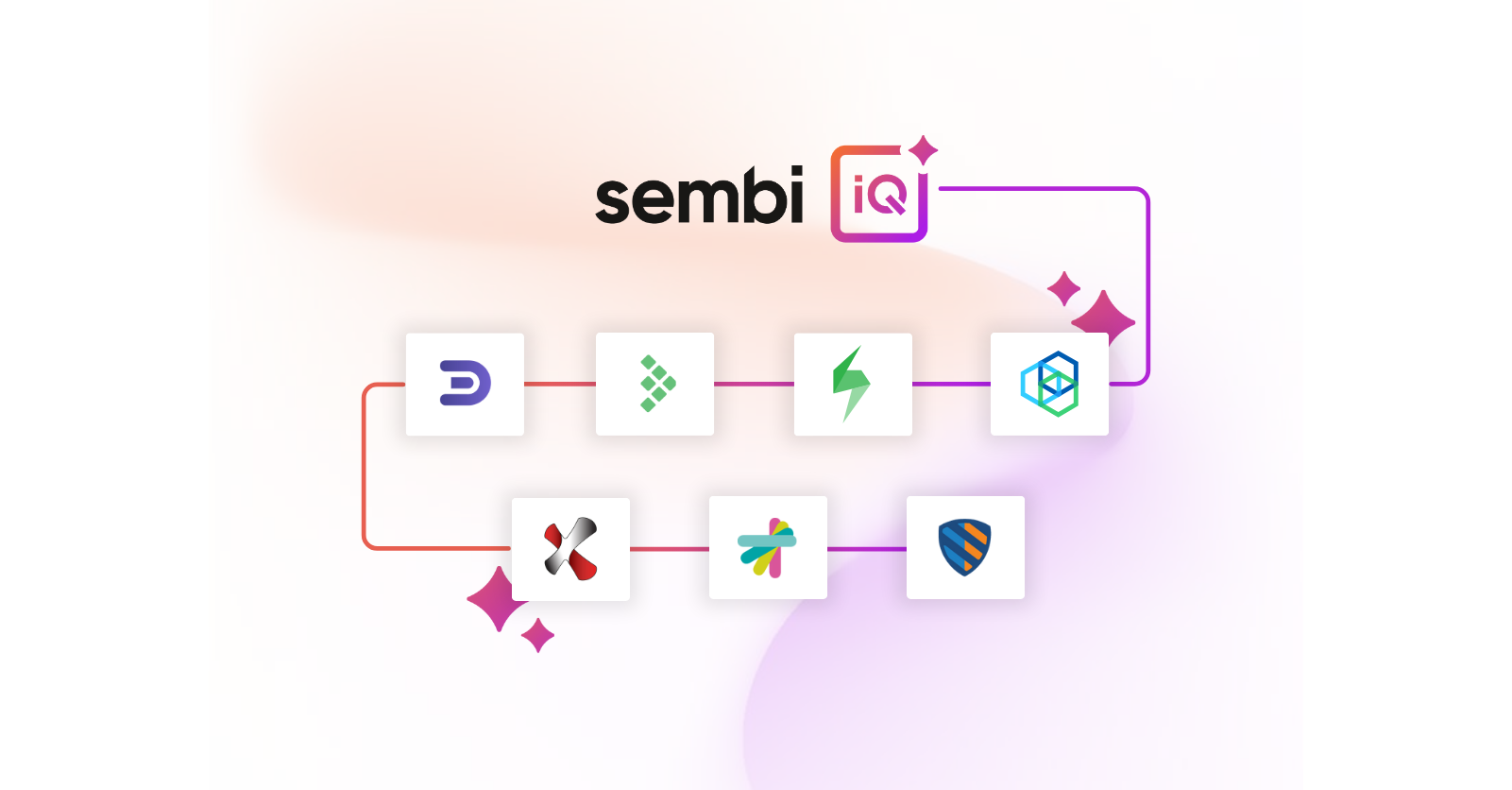

It’s not surprising to hear that e-commerce is booming, especially in our current state. It is even thought that by 2040, 95% of all purchases will be made online. Although buying online has become more commonplace, many are still unaware of the dangers they might face when using online payment services.
There is a wide range of security threats you should be aware of when acting online, particularly when it comes to online payments, which are inevitably linked to your finances. It seems, however, that the risks of buying online are widely underestimated.
You are twenty times more likely to fall victim to a cyber-criminal than to be mugged on the street. Still, statistics show that we greatly overestimate the likelihood of being robbed compared to the likelihood of falling victim to a cybercrime. While only 0.3% of people who worry about being robbed in their homes have been robbed, CSEW statistics maintain that 1% of all adults in the UK (both worriers and non-worriers) were victims of fraud and computer misuse offenses in 2016.
Identity theft especially is on the rise, thanks partly to social media, where many willingly share private details of their own lives with others. Formjacking was also up by 117% in 2018, allowing cybercriminals to hijack credit card data from online payment forms, leading to fraud.
Thankfully, there are things you can do to safeguard yourself and your finances from cybercriminals. Let’s look at the next 8 tips to keep safe online buying.
Shop on websites from shops or sellers you trust or where you have shopped physically and virtually. Some businesses may be fabricated online by people who want your credit card information. Also, research the seller: do they have bad reviews online? Do they interact with a social media following?
As mentioned, some cybercriminals create fake websites to lure you into giving away your credit card or personal information. Phishing emails and calls also lead to fake websites.
Some may even create websites to impersonate well-known online shops like Amazon, eBay, etc. If the offers on the website or in the email look too good to be true, if the language the email is written in seems suspicious, or if the logos are slightly odd, these are all telltale signs that the website is bogus. One good thing to do in this case is to contact the company they are trying to impersonate and report it.
In the corner of your browser’s URL field, you can see a small lock icon. This signals that the webpage you are on has privacy protection installed: SSL (Secure Socket Layer). Another telltale sign is if the website’s URL starts with “https.”
Since public networks are publicly available, anybody can gain access to the WiFi and intercept what you are doing on the web. An identity thief could easily grab your personal financial information. If you are in a public place, buying online with your own private mobile data is the best thing to do.
Credit card laws protect your rights better than debit cards if your card information is hacked and purchases are made without your permission. Your potential liability for fraudulent debit card transactions is unlimited, and you will lose whatever money was taken. Conversely, your liability for fraudulent credit card transactions is $50, and the credit card issuer will have to fight to get the money back.
Using PayPal may be safer than giving your credit card number or bank account information directly to the website you are buying from. All your information is stored in one place, at PayPal, and is not spread out between every online shop you purchase at. Also, your data is stored on servers that aren’t directly connected to the internet. Payments are made through a secure gateway that does not transmit the payment information to the merchant.
This does not mean that PayPal is immune from data breaches, but the company collaborates with hackers and pays them if they find vulnerabilities in its system.
No upstanding shoe merchant needs to know your social security number, so be careful about what type of personal information is requested on the webshop, and think if they need it all. The safest thing is to always leave the “optional” fields empty.
When shopping online, most people create an account on the website and save their personal data and credit card information. To make this data more secure, use a strong password to access this account or, better yet, enable two-factor or multi-factor authentication. This ensures that if a hacker gets hold of your login credentials and password, he still won’t be able to access your account.
This is an extra tip because it is not something everyone can do. The dedicated computer can be used in a VPN tunnel, separating it from the other computers or phones on the network and limiting unwanted access. It should also be used solely for online shopping and nothing else (social media, emails, etc.), minimizing opportunities for malware infection and phishing. You can also go one step further and ensure that only adults in the family can access it, thus avoiding unwanted buys from unsuspecting children.
At Kiuwan, we are passionate about everything related to online and application security. We want customers to be safe buying online, and we also want the financial applications used by shop systems to be secure.
That’s why we strive to support software development with a security solution aimed at making applications secure directly from the beginning: the source code.
If you have any questions about Kiuwan and what we do, please contact us. We’ll be glad to get to know you!


